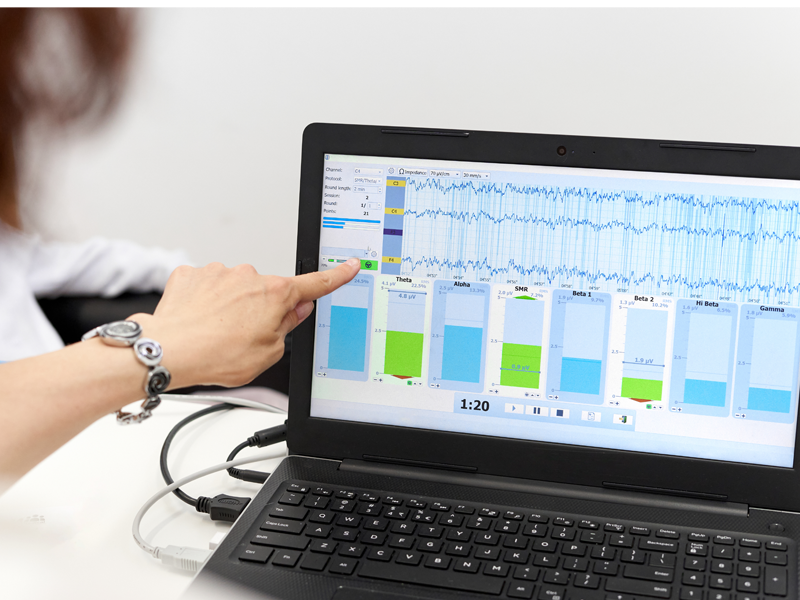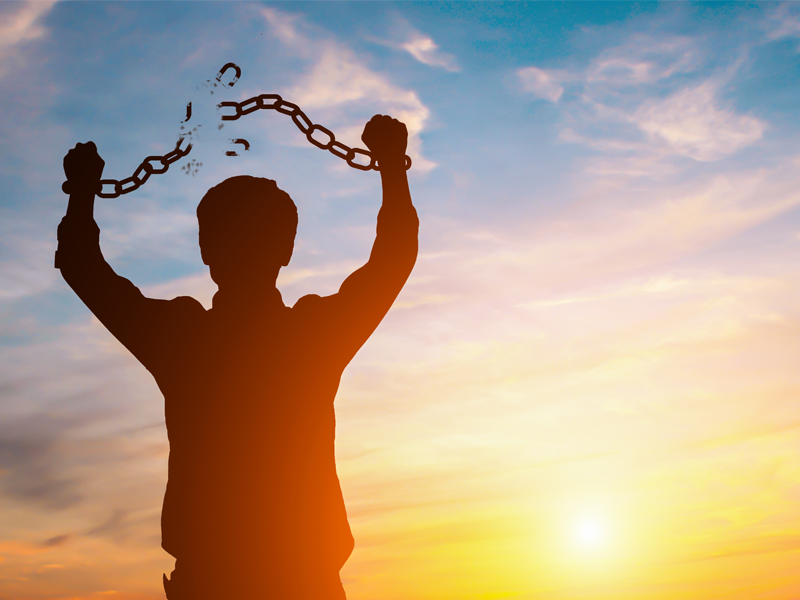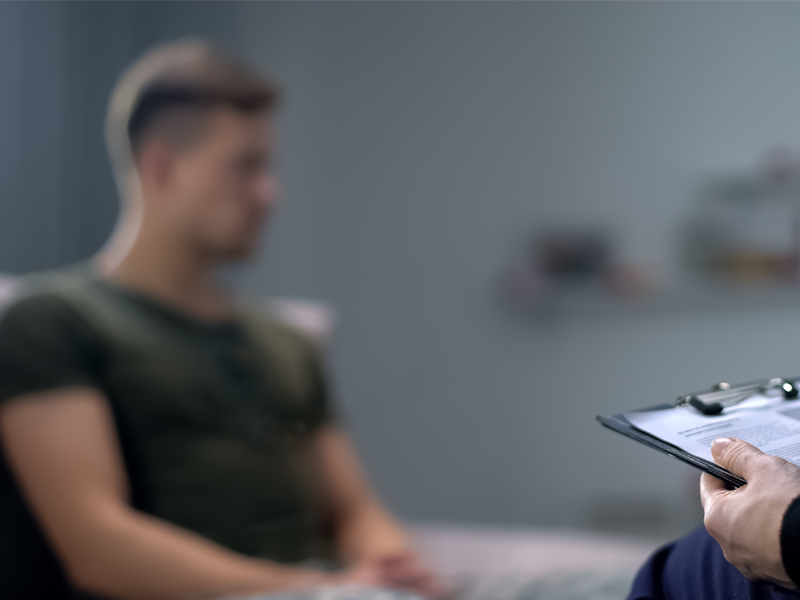














PCRC is able to conduct a Sexual Behavior Risk Assessment on you if you desire and need one. This evaluation provides helpful clinical information for the following individuals:
The SBRA includes an in-depth diagnostic evaluation of mental health, substance abuse and sexual issues. It also includes a number of objective tests that measure mental health issues, substance use, sexual addiction, and sexual misconduct. The data is collected and put into an in-depth, multi-page report. The report includes a statement of predicted risk for relapse and recommendations for treatment. This is very helpful information that attorneys can use in court cases. It is also helpful for ongoing treatment providers to use and help to ensure an appropriate ongoing continuum of care.



